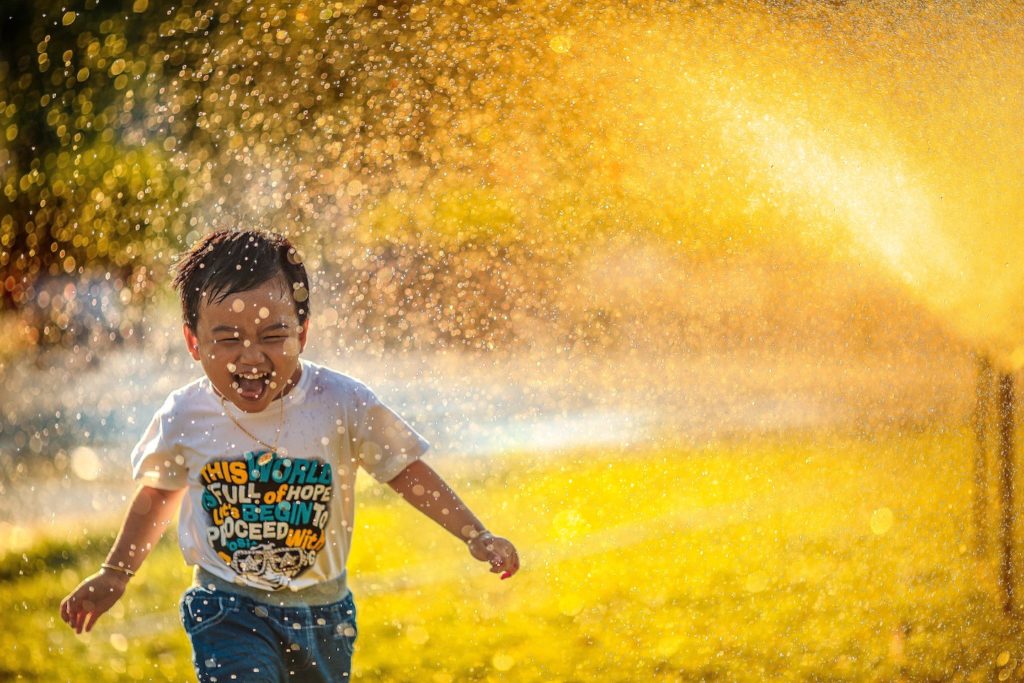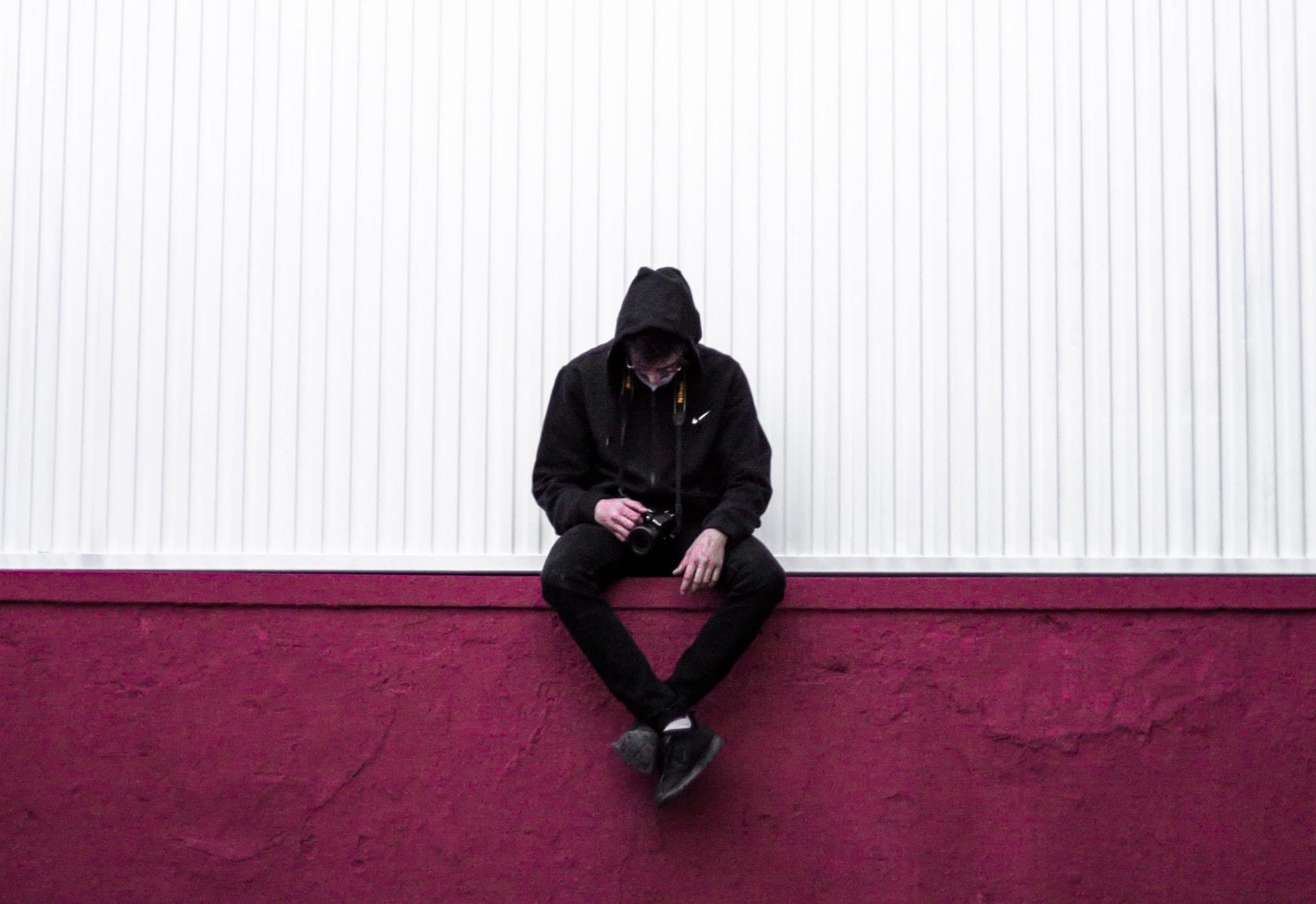Childhood mental illness is complicated in many ways. From the way symptoms express themselves to the ways children communicate differently from adults, it can be difficult to recognize a mental illness and convince parents that there is an issue. Kids go through ups and downs in the same way adults do, but they also experience extreme chemical changes and are still learning how to cope with their environment. They can suffer from depression, anxiety, and other types of mental illnesses. Children can experience struggles with isolation, identity, behavior challenges, conduct disorders, and issues like bullying, too.

Common Childhood Mental Illnesses
While every child is different and the only way to get a unique diagnosis is to see a professional psychologist or psychiatrist, some childhood mental illness conditions are more common than others. The following is a list of the most common childhood mental illnesses:
- Anxiety disorders
- Eating and obsessive-compulsive disorders
- Conduct and behavioral disorders
- Mood disorders
- Autism Spectrum disorders
- Schizophrenia
- Attention disorders
The signs of these disorders can appear as poor academic performance, low self-esteem, social issues, feelings of isolation, and more. Childhood mental health issues can also be due to relationship issues – like struggling with low self-esteem due to bullying, tensions in sibling relationships, problems with life-changing events and milestones. What some may think of as a phase could be something more serious. Some children with these mental health disorders will engage in self-harming behavior or be at higher risk of suicide if left untreated. Others may experience long-term social or occupational disorders.
Signs of Abuse and Getting Help
Typical signs of abuse include disruptions at home or in school, behavior or weight changes, acting out, isolation, and self-harm activities. Changes in peer groups of preference, crying or angry outbursts, and changes in attitude can all be signs of issues, too. Others can experience the symptoms of PTSD and extreme anxiety after sexual, emotional, or physical abuse and neglect. The best way to help is to get the child to a mental health professional as soon as possible for a complete evaluation and diagnosis.

Find a Therapist to Help With Child Mental Health
Get personalized matchesHow Therapy Can Help
Child psychologists and therapists work with kids in play therapy, group sessions, family counseling, and more. Psychologists have come a long way in recent years when it comes to mental healthcare for younger patients. From children’s mental health programs in early childhood to serious problems often seen in adolescence, therapists and other clinicians can offer a variety of services for children with mental health issues.
Therapists are trained to screen for autism, mental disorders, and serious emotional disturbance in all ages. In the United States, behavioral health programs work toward helping kids cope with stress and tackling adult medication concerns and questions. The following are just a few of the methods they use:
Child-focused Family Therapy
Many childhood mental wellness professionals work with families to help a child suffering from mental health issues. This is because families are systemic units. In working with parents on parenting skills, trained professionals can help children with things like social interaction. They’ll also be able to offer additional information about treatment options and address family member concerns. These family therapists, often known as marriage and family therapists or LMFTs, can also work with parents or children individually to address age-appropriate concerns privately.
Play and Art Therapy
Therapists trained to work with children to meet them at their academic and developmental levels. From art and play therapy to music therapy, they have tools like sandboxes, art trays, and other age-appropriate tools that will make therapy fun for any child. In fact, many child therapists and psychologists make therapy sessions more like playdates. These sessions encourage expression and the untangling of challenging emotions that often lead to behavioral problems in children.
Ways Child Therapists Can Help with Mental Illness in Kids
A child psychiatrist or play therapist can work with parents to teach them how to advocate for a child having issues at school or mental health conditions leading to developmental or learning delays. Able to assist parents in working with the school guidance department and a child’s teacher, they can help IEP teams and more understand the importance of mental wellness in children when it comes to their ability to learn.
Professionals trained to work with children can also help parents understand a child’s unique struggles and mental health conditions. Able to ease parents’ concerns and give parents tools to identify behavior problems, they can also offer exercises to help children change behaviors or feel more supported. They understand that watching a child struggle with sadness, depression, or any type of mental illness issue is hard.
Getting Help
If you believe your child suffers from a mental health issue, seek professional help. To locate a therapist specializing in childhood mental health, WithTherapy can point you in the right direction. With licensed professionals who specialize in child-friendly therapeutic modalities, WithTherapy will be a great resource in helping you locate the right person with the proper diagnostic tools to help you.
Find a Therapist to Help With Child Mental Health




